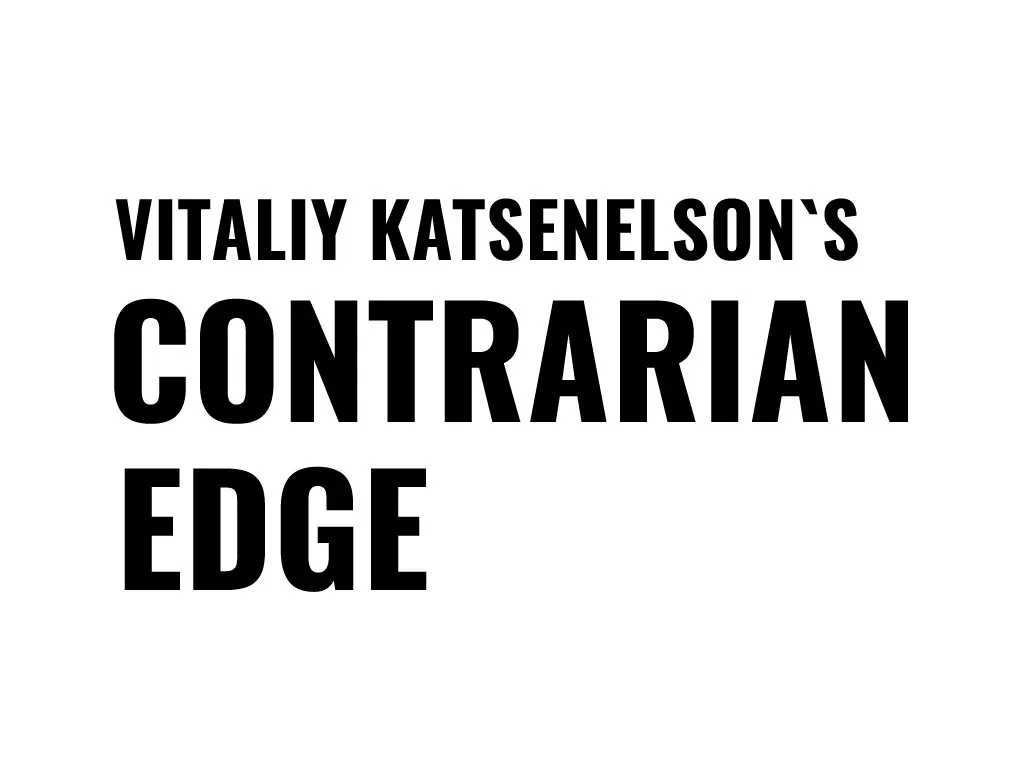October 22, 2004 – TheStreet.com: Street Insight
… and I don’t want to be around when payment is due.
-
Paying $500 million for Howard Stern only works if Stern generates 40 years worth of revenue.
-
And consumer tastes do change, even for vice.
I thought I had seen the epitome of stupid management decisions during the dot-com bubble when ludicrous sums of money were thrown at pie-in-the-sky ideas under the guise of “strategic investments.” But Sirius’ (SIRI) management has proven me wrong. The firm has agreed to pay $500 million (real, not Happy Meal) dollars to Howard Stern for five years of his invaluable services. Assuming Stern works 500 hours a year, this amounts to $3,333 a minute for Stern’s uncompromising pursuit of radio excellence. Surely this is a bargain for someone who has spent years honing his interview skills with women in various stages of undress.
The Sirius/Stern deal reminds me of when DrKoop.com agreed in 1999 to pay AOL $89 million over four years for a non-exclusive agreement to link DrKoop.com to AOL users. DrKoop.com did what any self-respecting Web site would do after it paid 220 times revenues for a user base that doesn’t want to buy its product — it went bankrupt. To the credit of Sirius management, it appears to be far more conservative than Dr. Koop’s, since its payment to Mr. Stern is only forty times revenues.
There are several things that puzzle me about the Sirius deal (aside from how management is keeping their jobs after announcing that deal):
-
First is the reaction of Wall Street to this deal. Sirius’ stock actually went up on the announcement. I think this is an indication of the current “happy” indifferent state of the market (low VIX numbers are a good indication of that), not unlike the market in July 1999 when Dr. Koop announced the AOL deal. And we know what happened after that.
-
Second is the viability of Sirius, especially since its competitive advantage now depends on Howard Stern. Based on that deal, the only thing Sirius has going for it is Howard Stern. This is the most pathetic business model I have ever heard of. And it puts Sirius completely at the mercy of someone who values self-promotion above all else (just ask his ex-wife). In five years, maybe Stern will ask for $1 billion, and Sirius will be in no position to negotiate.
-
What if American consumers’ tastes change? This is what consumers do best, after all. What if consumers grow up? What if Howard Stern grows up? What if the FCC cracks down on satellite radio and enforces the same decency standards of broadcast TV? What if Howard Stern does something really stupid? (Wait a minute — then his show will be even more successful.) What if, what if, what if?
It is very hard to predict which satellite company will succeed, if any. It seems that aside from exclusive arrangements with car manufacturers, programming is the only competitive advantage that satellite radio companies have discovered to date. Thus, using their cheap currencies (grossly overpriced stock), they have bid up the prices for content to levels which make no business sense.
The problem that Sirius and XM Satellite Radio Holdings (XM) are facing down the road is their stock will not be cheap currency forever, and at some point they will have to pony up real, not inflated, dollars. That is when the sad reality will sink in: Sirius’ (and XM’s) business model will only be able to afford content like NPR (National Public Radio). And, it will only be able to afford that if it uses a Safeway (SWY) discount card. Not that there is anything wrong with NPR; I am a big fan. But I surely don’t want to be there when this happens (at least on the long side of Sirius or XM).
I remember watching the Dr. Koop deal unfold in 1999. Dr. Koop management was saying that the AOL deal was a must for its survival. The lesson learned: Stay away from any company that says it has to make this deal or that it is essential for its survival, especially when the company pays several decades of current revenues to make the deal happen.
Disclaimer: I admit that I used to watch Howard Stern when I first came to the U.S. at age eighteen. I hope the reader will excuse this youthful indiscretion on the pretext that I needed to learn English.
Vitaliy N. Katsenelson, CFA
Copyright TheStreet.com 2004









0 comments